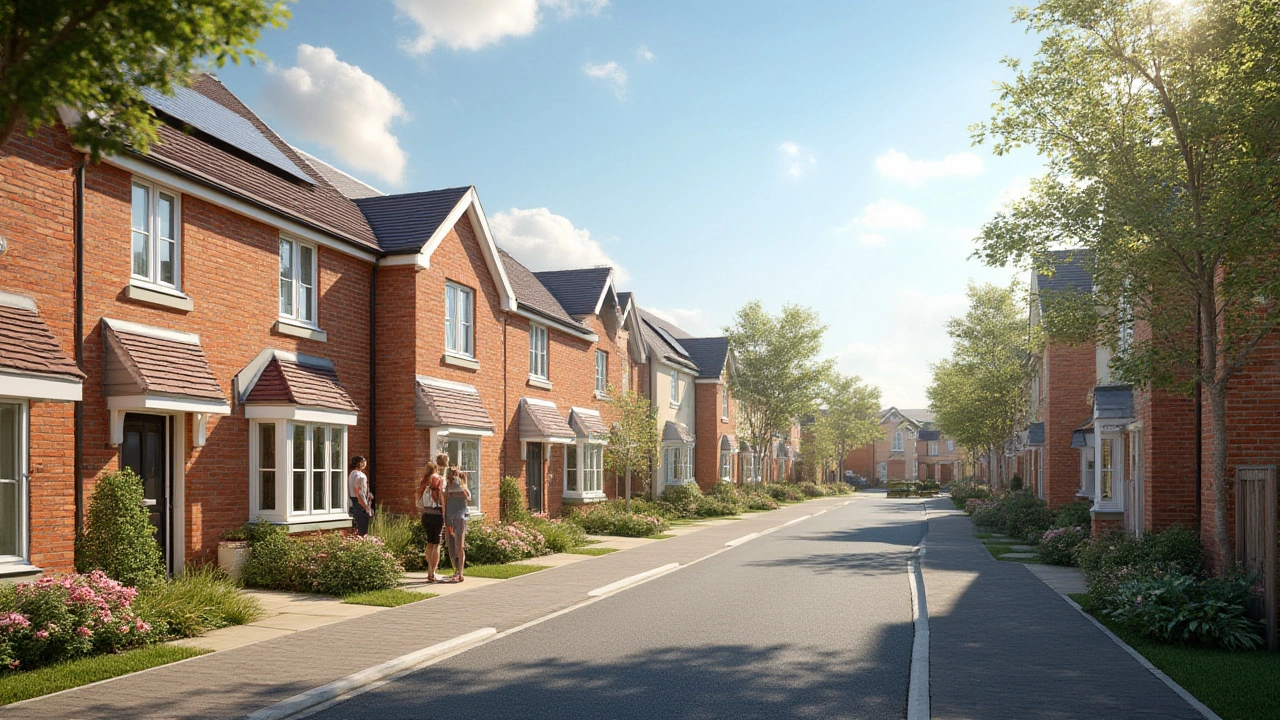House Buying Guide – Simple Tips for UK Homebuyers
Thinking about buying a house? It can feel like a maze of numbers, inspections, and legal talk. Below you’ll find clear steps to help you decide whether to build or buy, what costs to expect, and how to spot hidden problems before you sign anything.
Build or Buy – Which Is Cheaper in 2025?
Many wonder if constructing a new home saves money compared to purchasing an existing one. In 2025 the price gap is shrinking because land costs keep rising while construction methods become more efficient. A typical build‑your‑own project in the UK can run between £1,200 and £1,500 per square metre, while a comparable existing house often sits around £2,000 per square metre in popular regions. If you have a good plot, a clear design, and can manage the timeline, building may still be the cheaper route.
But remember the hidden expenses: planning fees, utility connections, and unexpected site issues. Add a 10‑15% contingency and the numbers start to look similar to buying a ready‑made home. The decision often comes down to control over finishes and the desire for a brand‑new build.
Spotting Foundation Problems Before You Buy
One of the biggest pitfalls is overlooking foundation issues. Small cracks are normal, but cracks wider than 3 mm could signal movement that needs a structural engineer’s look. Use a simple ruler or a crack‑width gauge to measure. If you see multiple cracks forming a pattern, or if cracks line up with doors and windows, call a professional.
Check your home insurance policy too. Some insurers exclude coverage for foundation damage caused by subsidence. Knowing this early can save you from surprise claim rejections later. If a seller refuses to share a recent survey, treat that as a red flag and walk away or ask for a price reduction.
Another tip: walk around the property after a heavy rain. Look for water pooling near the foundations – that can lead to damp, rot, and future cracks.
When you spot a potential problem, get a detailed report from a qualified structural engineer. Their advice will tell you if the repair cost is worth paying or if the house is a lost cause.
Beyond foundations, think about the home’s overall condition. Ask about roof age, loft conversion feasibility, and any past extensions. Extensions that were added without planning permission can cause legal headaches later.
Finally, budget for after‑purchase upgrades. A modest kitchen remodel can add value, but it’s easy to overspend. Focus first on fixing structural issues, then move to cosmetic improvements.
Buying a house is a big step, but with the right checks and a clear cost picture you can avoid costly surprises. Use the tips above, get professional advice when needed, and you’ll walk into your new home with confidence.

